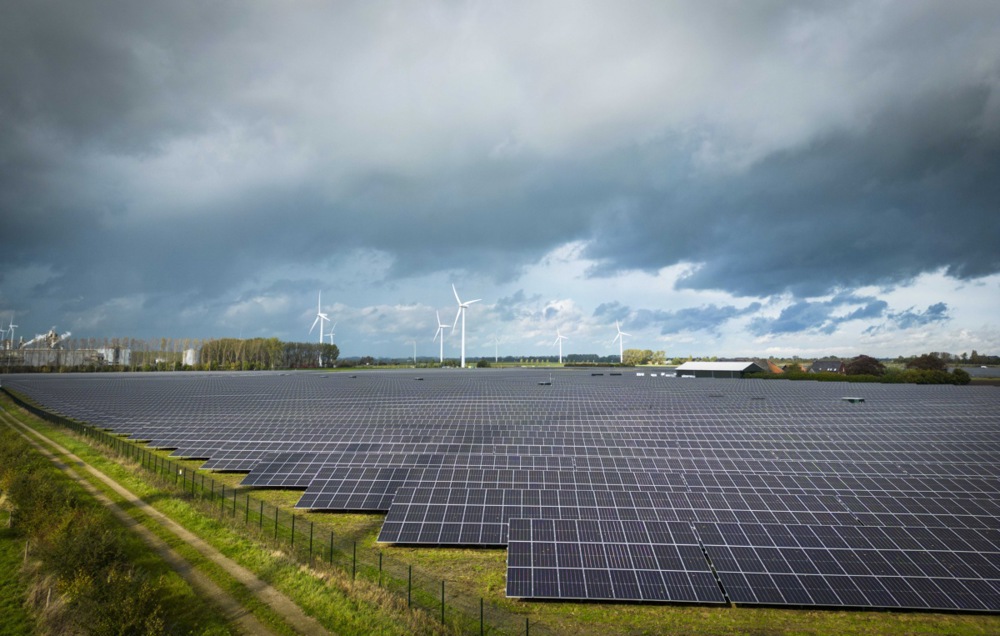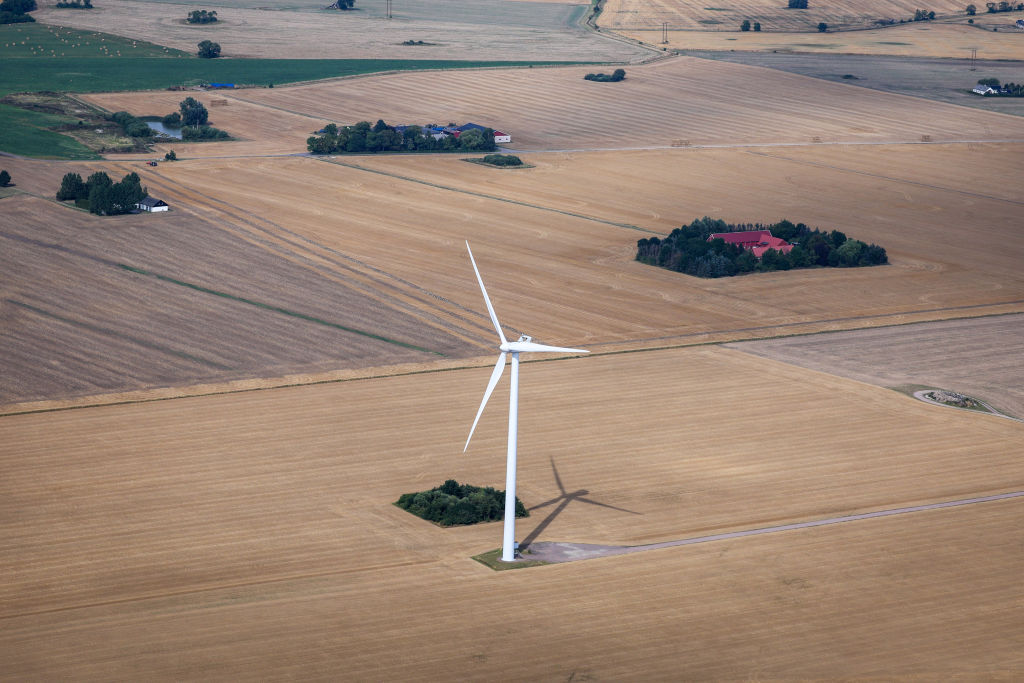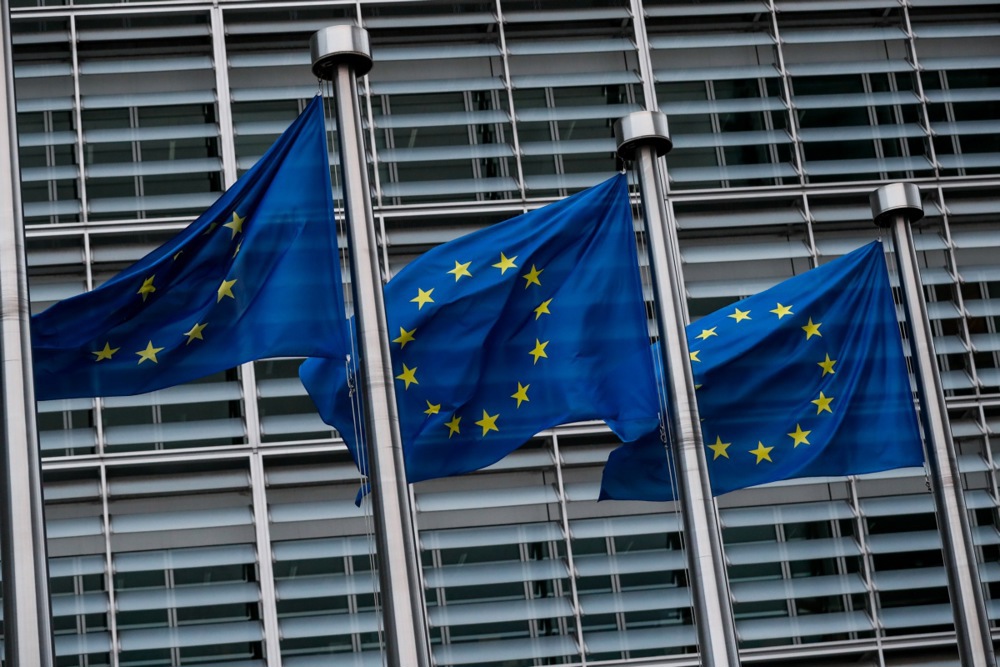A new “green” European Union tax might have some ugly, unintended consequences.
A study has shown that the Carbon Border Adjustment Mechanism (CBAM) will drive up domestic energy prices in Europe and lead to more CO2 emissions.
The study, released by the respected Swedish engineering and advisory company AFRY on March 7, examined the effects CBAM would have on electricity imports from the UK.
According to AFRY, CBAM risks “significant over-statement of emissions assumed for electricity imports”, and “excessive carbon-price exposure for imports”.
To make matters worse, it added: “These issues unduly increase the cost of electricity imports into the EU from GB, presenting adverse outcomes.”
Those outcomes include the jeopardising of the development of offshore grid and cross-border infrastructure necessary for the energy transition.
They are also set to hinder the implementation of decarbonisation policies by creating obstacles for low-carbon projects. Additionally, they will impede the efficient operation of the market by unnecessarily blocking economic flows.
In practice, the European tax would mean less British energy would flow to Europe. Its windmills would stop turning while at the same time, gas-fired power stations would be more active.
Asimina Karakyriakou, Principal at AFRY Management Consulting, said: “Through the study, we show that EU electricity imports from GB could decrease significantly, with export of green electricity from GB among the blocked flows.
“The scale of potential flow reductions could have a big impact on investment decisions for new cross-border projects and on financial results for existing assets.”
Simon Bradbury, Senior Principal at AFRY Management Consulting, added: “CBAM enters into full force in 2026 but trading for this time period and beyond is already happening and investment decisions for the future are being taken, so impacts are already being felt.
“Action is needed now to address the issues identified.
Bart Goethals, Chief Commercial Officer, of Nemo Link Ltd, one of the high voltage grid operators that ordered the study, said: “EU CBAM in its current form could create a very significant trade barrier for electricity imports into the EU even if the carbon prices in the third country are identical.
“This would negatively impact all dimensions of the energy trilemma,” he said.
“Political will is urgently called upon to get the identified issues addressed and an EU CBAM exemption for the UK, eg via relinking the ETS [Emissions Trading System] schemes should be examined.”
The study puts forward some measures that could help, including rebates with the UK, linking the UK ETS with the EU ETS and even exempting Britain from falling under the scope of CBAM.
The news outlet POLITICO reported on March 8 that the tax would be bad news for Ukraine and deal “a severe economic blow in 2026 when the law takes effect”.
“Ukraine will be caught on its knees,” warned Jozsef Csapo, chief technology and strategy officer of ArcelorMittal Kryvyi Rih, the country’s largest steel company.
CBAM is, in the European Commission’s words: “The EU’s tool to put a fair price on the carbon emitted during the production of carbon intensive goods that are entering the EU, and to encourage cleaner industrial production in non-EU countries.
“CBAM will ensure the carbon price of imports is equivalent to the carbon price of domestic production, and that the EU’s climate objectives are not undermined,” according to the EC.
“It is designed to be compatible with WTO-rules.”





